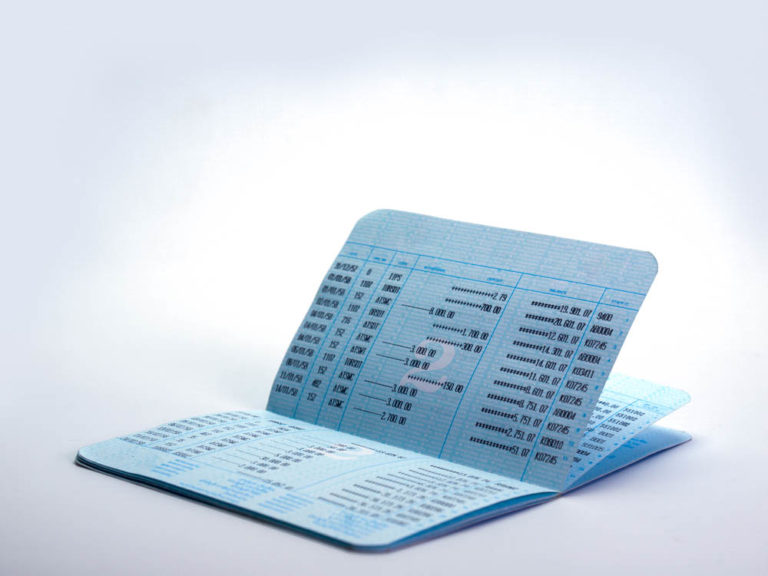Financial Planning | Life | Personal Finance | Relationships & Family | Article
What to Do After a Loved One Passes Away
by Sophia | 8 Oct 2019 | 6 mins read

Death often feels like the end, even for the living. It’s an emotionally difficult time, after all, when a loved one passes away and you are left to your own devices. You may be thinking to yourself, “I don’t know what to do.”
Well, beyond grieving, here’s exactly what you can (and probably must) do. Take these steps to settle the financial and legal process that comes after death – because there’s just no avoiding it.
Important documents throughout the process
Legal documents are crucial during this process. You cannot do without them, or risk facing administrative roadblocks as you try to handle your loved one’s estate and assets.
In general, keep these documents in a folder as you go from place to place to settle post-death matters:
- Death certificate or death extract (multiple copies)
- Birth or marriage certificates as proof of relationship between you and the deceased (multiple copies)
- NRIC and other identification documents of all parties involved
- Bank account information
The deceased’s will
If your loved one left a will behind and you were previously nominated as the executor of their will, then you’ll get a Grant of Probate. This grant enables the executor to fully manage and preside over the deceased’s estate.
Several points to note about applying for the Grant of Probate after a loved one passes away:
- For an estate valued below $3 million, applications are to be made to the State Courts;
- For an estate valued above $3 million, applications are to be made to the High Court by yourself, or with the help of a probate lawyer; and
- For an estate valued less than $50,000, apply to the Public Trustee Office to act for you.
In rare cases where the deceased did not prepare a will prior to their passing, then things get slightly more difficult – but not enough that the process comes to a standstill. You will still have to make a court application, but for a different document.
In the place of the Grant of Probate, a Grant Letter of Administration will be given to the deceased’s personal representative. This person is usually a spouse, child, parent, or sibling, and is responsible for handling everything related to the deceased’s assets or estate.
For those who are unfamiliar with handling and distributing assets, it’s best to enlist the help of a probate lawyer.

The death certificate
For most cases, people who die of natural causes pass away in a hospital. This speeds up the process of attaining their death certificate, as there’ll be doctors to immediately certify the cause of death. Following this, a Certificate of Cause of Death (CCOD) is filled out and handed to the ward nurse.
To obtain the CCOD, you must provide your loved one’s identification card. However, a CCOD is not the same as a death certificate. A death certificate can be obtained by registering your loved one’s death at the hospital itself, as long as it is a government-restructured one (in other words, not private hospitals).
Alternatively, you may also register a death here:
- Police Divisional Headquarters
- Neighbourhood police centres or police posts
- The Registry of Births and Deaths
Documents needed:
- CCOD
- Identification for the deceased and yourself
After which, the registration officer will issue the certificate.
(1) Insurance
For anyone who was insured, whether it’s a term or whole life plan, there will surely be a death benefit for family members to claim from the insurer. This process is fairly straightforward. As always, remember to provide the deceased’s death certificate as part of the claims process.
The Dependents’ Protection Scheme under CPF applies here as well. Contact the relevant insurers to get this settled as soon as possible.
Insurance claims generally take the fastest to process. Attaining the death benefit payout can help with defraying costs for other legal processes as well, in addition to settling more immediate family needs and ensuring priorities are met.
How long will claims take to process?
May take 14 days (or longer, for complex cases). If not, fast settlements can take up to five days.
(2) Bank accounts
Upon death, the bank will freeze the deceased’s bank account and assets. Your loved one’s will would most likely have identified the trustees for their bank account. An estate account will have to be opened at the bank following this, after which the deceased’s money will be transferred over under a new ownership.

(3) CPF
Every CPF member should have a beneficiary nominated in the event of death. This means that upon death, CPF monies will be transferred over to the beneficiary’s accounts along with any other assets.
But sometimes, people do neglect to make the nomination in time. This is where the Public Trustee will take over, handling CPF savings and assets. These assets will be distributed to the deceased’s family according to the law.
(4) Property matters
Another insurance scheme under CPF comes into play here: the Home Protection Scheme (HPS). Upon death, the deceased’s outstanding housing loan will be settled by CPF up to a given insured sum. In other words, CPF will deal directly with HDB or the bank, whichever your loved one drew a loan from for the mortgage.
This means that you can rest easy when it comes to paying off the rest of the loan on a house – and ensure that you still have a roof over your head. HPS is compulsory for everyone, so there’s no need to worry if your family has been covered or not.
In the unlikely event that your loved one opted out of HPS, then it is best to form an action plan quickly with the rest of your family on how to tackle the monthly mortgage.

Depending on the will, your loved one’s estate will either be managed by the executor of their will or distributed accordingly, along with all other assets, in the absence of clear instructions inside the document. Without a will, the Intestate Succession Act will come into play and automatically distribute the estate and its assets according to the law.
Take note: After a loved one passes away, joint tenancy flats will be handed over to the co-owner, provided they are 21 years of age and above.
With this rough roadmap in hand, it should be easier to go through the motions and get things done while also processing your grief and loss. Death is never easy to handle. What more getting tangled up in financial and administrative problems afterwards?














